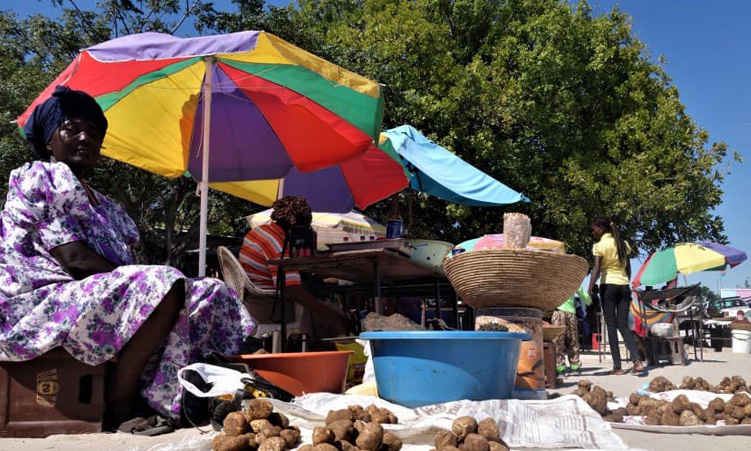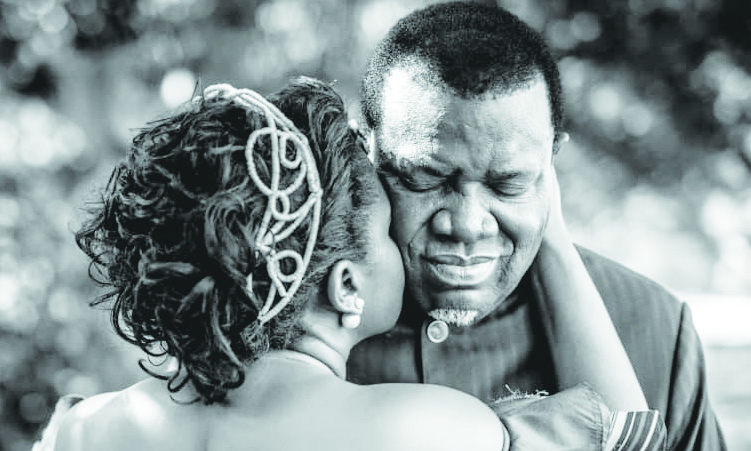NADARBAZEVI – Russian troops began dismantling positions yesterday in the so-called security zones inside Georgia that they have occupied since August’s brief but intense war, a Georgian Interior Ministry official said, in the first reported sign a promised pullback was under way.
The moves came as Russia faced a Friday deadline for pulling back its troops under the terms of a deal brokered by French President Nicolas Sarkozy on behalf of the European Union. Hundreds of EU observers began monitoring Russia’s compliance last week.Russia and Georgia went to war in early August after Georgia launched a massive barrage on the capital of South Ossetia, one of two Georgian separatist regions where Russia has troops stationed as peacekeepers.Russian forces then declared what it called a security zone roughly seven kilometres deep inside Georgia south of South Ossetia and the other separatist region, Abkhazia.The EU-brokered agreement obliges Russia to pull its troops out of the zones by Friday, but Russia says it plans to keep thousands of troops inside Abkhazia and South Ossetia.Russia recognised the independence of both regions after the fighting, a moved denounced by Georgia and the West; so far, only Nicaragua and the Hamas government in Gaza have followed suit with recognition.Yesterday, troops lowered the flag at a Russian base in Nadarbazevi, about 50 kilometres northwest of the capital, Tbilisi.Georgian Interior Ministry spokesman Shota Utiashvili described that position as a “communications center” and said Russia had promised to leave it completely on Monday.Utiashvili also said a checkpoint in Ali, in the zone around South Ossetia, was dismantled on Sunday and that Russian forces were leaving another position in Zugdidi, within the zone south of Abkhazia.A spokesman for the EU monitoring mission, speaking on customary condition of anonymity, confirmed that the Ali checkpoint was being taken down.”We have to see how it ends, but so far this is a good sign,” Utiashvili said.Georgian and EU officials could not immediately clarify how many Russian positions in total would have to be dismantled to meet the agreement’s terms.After the war, Russia said it would set up a total of 36 checkpoints in the security zones – 18 in each. – APHundreds of EU observers began monitoring Russia’s compliance last week.Russia and Georgia went to war in early August after Georgia launched a massive barrage on the capital of South Ossetia, one of two Georgian separatist regions where Russia has troops stationed as peacekeepers.Russian forces then declared what it called a security zone roughly seven kilometres deep inside Georgia south of South Ossetia and the other separatist region, Abkhazia.The EU-brokered agreement obliges Russia to pull its troops out of the zones by Friday, but Russia says it plans to keep thousands of troops inside Abkhazia and South Ossetia.Russia recognised the independence of both regions after the fighting, a moved denounced by Georgia and the West; so far, only Nicaragua and the Hamas government in Gaza have followed suit with recognition.Yesterday, troops lowered the flag at a Russian base in Nadarbazevi, about 50 kilometres northwest of the capital, Tbilisi.Georgian Interior Ministry spokesman Shota Utiashvili described that position as a “communications center” and said Russia had promised to leave it completely on Monday.Utiashvili also said a checkpoint in Ali, in the zone around South Ossetia, was dismantled on Sunday and that Russian forces were leaving another position in Zugdidi, within the zone south of Abkhazia.A spokesman for the EU monitoring mission, speaking on customary condition of anonymity, confirmed that the Ali checkpoint was being taken down.”We have to see how it ends, but so far this is a good sign,” Utiashvili said.Georgian and EU officials could not immediately clarify how many Russian positions in total would have to be dismantled to meet the agreement’s terms.After the war, Russia said it would set up a total of 36 checkpoints in the security zones – 18 in each. – AP
Stay informed with The Namibian – your source for credible journalism. Get in-depth reporting and opinions for
only N$85 a month. Invest in journalism, invest in democracy –
Subscribe Now!






